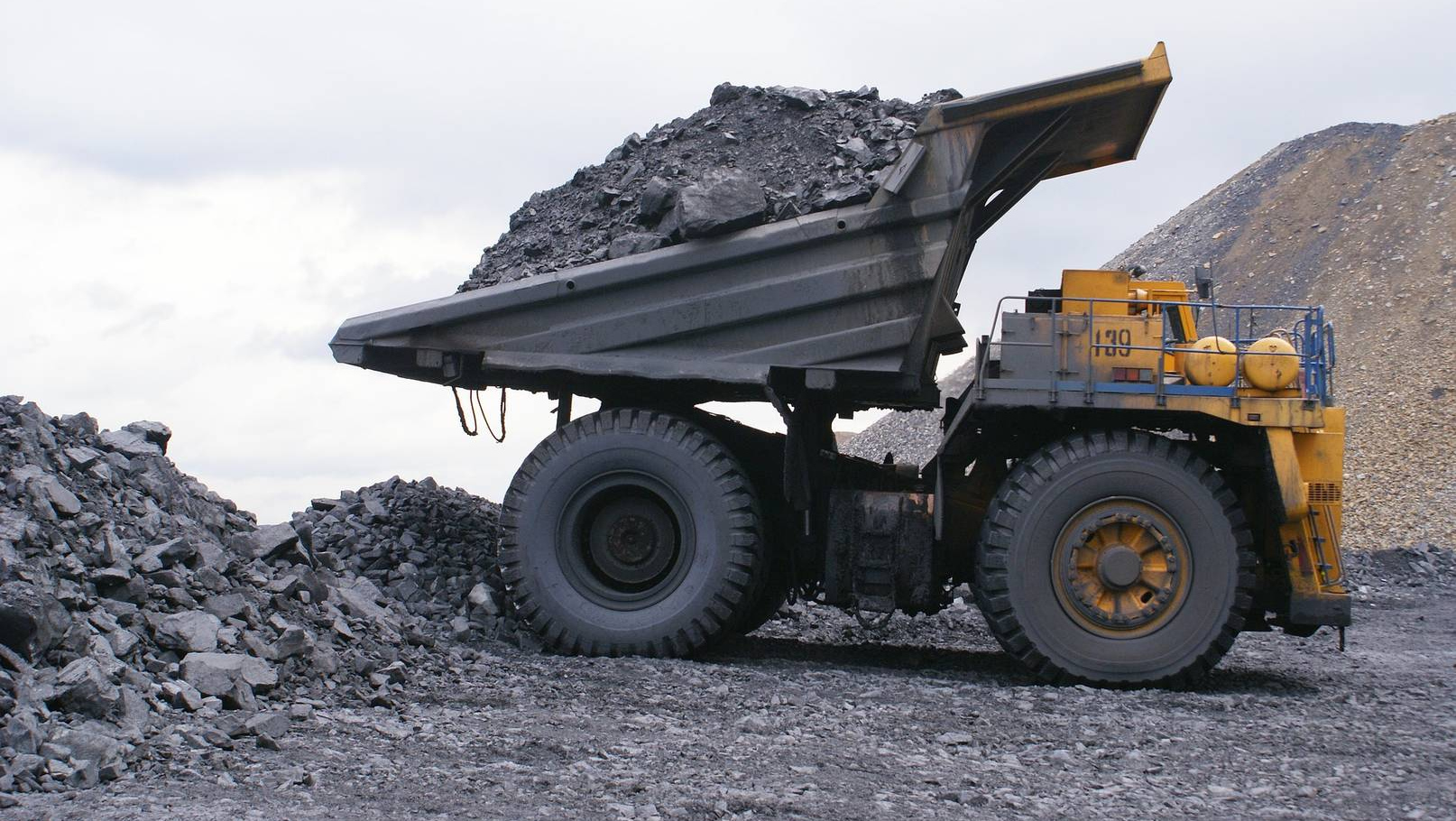
Namibia’s position, according to which the state prohibits the export of critical raw minerals, was confirmed by President Hage Geingob on August 31, according to the Namibian Sun newspaper.
The President stated that Namibia will only do business with those who share this vision. A ban on the export of critical raw minerals such as crushed lithium ore, cobalt, manganese, graphite, and rare earth metals and elements was approved in Namibia in June.
In a speech read on his behalf by Vice President Nangolo Mbumba, Geingob said: “Africa has an opportunity to change the notion that it has abundant mineral wealth but is failing to address the effects of poverty among its citizens, the owners of that mineral wealth. It is in our will and capacity to face the poverty suffered by our people”..
The announcement was made on Wednesday at the opening of the annual Mining Fair in Windhoek.
The President mentioned the most important minerals that are in global demand, necessary for the transition to renewable energy sources and high-tech equipment, which is now in demand by the world community.
The energy transition can only be achieved by using a large amount of these minerals, and Africa has a third of the world’s reserves, the president said.
Namibia must use these resources effectively “as a means to promote our national development agenda and the development agenda of the continent, as well as to involve our citizens in the main value chain of the mining industry and thus expand their economic opportunities”, Geingob said.
The President noted that the trend away from carbon-based energy has increased global interest in the exploration, production and processing of critical minerals such as lithium and other rare earth minerals. This year, the Namibian cabinet introduced an export ban on raw lithium, rare earth minerals, cobalt, manganese and graphite.
However, agreements have recently been signed with the European Union, the United States of America and Japan to give them access to these minerals.
“However, we have made it clear to these and other potential stakeholders that Namibia will only do business with those who share its vision of increasing the local value of our minerals to produce finished products for export.”explained the president.
The ban is expected to encourage investment in setting up local processing plants by private companies or public-private partnerships, Geingob said.
Mines and Energy Minister Tom Alvendo echoed:
“We will insist that critical minerals are not exported without adding value locally. And where possible, we will require that recycled minerals be used as feedstock for the production of locally produced goods, such as batteries, allowing us to export manufactured goods.”.
Alvendo said he is surprised when foreigners accuse Namibia of nationalizing minerals and say the country is ignoring the problem of poverty.
He declared: “These are the investors who fail to create mutually beneficial relationships with their stakeholders, whether it’s their employees or the communities in which they do business. These are investors who easily break the rules: those who do not comply with the terms of a mining license. Conditions relating to safety and environmental protection. We want to tell these investors that we are a country where the rule of law reigns and this applies to everyone”..
Source: Rossa Primavera
I am Michael Melvin, an experienced news writer with a passion for uncovering stories and bringing them to the public. I have been working in the news industry for over five years now, and my work has been published on multiple websites. As an author at 24 News Reporters, I cover world section of current events stories that are both informative and captivating to read.
